Legacies of Socialist Solidarity
Legacies of Socialist Solidarity
East Germany in Mozambique
Tanja R. Mller
LEXINGTON BOOKS
Lanham Boulder New York London
Cover illustration: Drawing by students at the Schule der Freundschaft in 1983, Reproduced from documents in the German National Archive, BArch, DR/2/29462, with permission from the German National Archive.
Published by Lexington Books
An imprint of The Rowman & Littlefield Publishing Group, Inc.
4501 Forbes Boulevard, Suite 200, Lanham, Maryland 20706
www.rowman.com
16 Carlisle Street, London W1D 3BT, United Kingdom
Copyright 2014 by Lexington Books
All rights reserved. No part of this book may be reproduced in any form or by any electronic or mechanical means, including information storage and retrieval systems, without written permission from the publisher, except by a reviewer who may quote passages in a review.
British Library Cataloguing in Publication Information Available
Library of Congress Cataloging-in-Publication Data
Mller, Tanja R., author.
Legacies of socialist solidarity : East Germany in Mozambique / Tanja R. Mller.
pages cm
Includes bibliographical references and index.
ISBN 978-0-7391-7942-0 (cloth : alk. paper) -- ISBN 978-0-7391-7943-7 (electronic)
1. Schule der Freundschaft (Stassfurt, Germany) 2. Student exchange programs--Mozambique. 3. Student exchange programs--Germany (East) 4. Socialism and education--Germany (East) 5. Socialism and education--Mozambique. 6. Socialism and youth--Mozambique. 7. Post-communism--Mozambique. 8. Mozambique--Foreign relations--Germany (East) 9. Germany (East)--Foreign relations--Mozambique. I. Title.
LF3195.S637M85 2014
320.9679--dc23
2014021267
 TM The paper used in this publication meets the minimum requirements of American National Standard for Information Sciences Permanence of Paper for Printed Library Materials, ANSI/NISO Z39.48-1992.
TM The paper used in this publication meets the minimum requirements of American National Standard for Information Sciences Permanence of Paper for Printed Library Materials, ANSI/NISO Z39.48-1992.
Printed in the United States of America
List of Figures
List of Tables
Preface and Acknowledgments
What made me write this book? The answer to that question goes back to the year 2007, when I spent some time in Manica province in Mozambique visiting AIDS mitigation projects that targeted orphans and vulnerable children. I employed a local research assistant who was fluent in all the different local languages spoken at the various field sites we visited in the course of the project all over the province. Coming from what used to be called West Germany, I was not only surprised to find my research assistant was fluent in the German language, but also to learn that she in fact completed her postprimary education in the former GDR (the former East Germany) as participant in a quite unique educational exchange programme in terms of its size and scope, a programme I had never heard about. I was equally intrigued by the fact that she remembered this time in the GDR as das Paradies, as paradise. Over weeks of research in remote areas in Manica, we spent many nights talking about her time in Stafurt, where the boarding school she attended for six years was located, her memories, and how her stay in the former GDR shaped her future life in important ways. It was a story that fascinated me, not least because in a previous book The Making of Elite Women. Revolution and Nation Building in Eritrea I had written about how state-led education and wider development agendas were played out in individual lives in often unexpected ways.
Once I returned from Mozambique I thus conducted a thorough literature search and found some evaluations of the Schule der Freundschaft (School of Friendship, literally translated), as the boarding school my research assistant attended was called. The most prominent were written by West German academics, predominately based on archival materials and with little involvement of those who lived through that time, and mostly negative, seeing the project as a tool for indoctrination that was curtailing freedoms and basic rights. These evaluations did not seem to resonate with the tales of my former research assistant. In parallel I consulted publications, film documentaries and newspaper articles about some of the Namibian children who were educated in the former GDR, a much more prominent theme in German public discourse after reunification. This prominence was partly related to the fact that many of the Namibian children came at a much smaller age to East Germany (often as orphans or perceived orphans) and lived there much longer, they really grew up as Germans with little memory of and in most cases no contact to their families and relatives back in Namibia or in exile. Thus their return to newly independent Namibia in 1990 and the contentious issues around it caused some public debate. In addition to accounts from outside actors that described the reality of the upbringing of the Namibian children in the former GDR as a hell of indoctrination, other accounts about those children were partly written by former GDR citizens (some of whom had been involved in some capacity in their education) or by outsiders but based on interviews and other individual testimonies of participants. In one of those publications Uta Rchel describes her own personal motivation for engaging with the subject and move beyond usual stereotypes, when she writes,
Growing up in the 1970s in the north of the GDR, I often did not recognize my daily life when it was described from the outside: grey houses, a miserable life in a small town, state security services everywhere. All that might be true to some extent, but life behind the grey facades could be colorful, the town comfortable, and the powers of the state were either unable or unwilling to bring everything under their control. Why should this have been different for the Namibian children from Bellin [the small town where the majority lived for most of their stay in Germany]?
Something along those lines was what I subsequently set out to do: to investigate what went on behind the facades of the Schule der Freundschaft and let some of those whose lives changed dramatically when they were sent to the former GDR as children or young teenagers and returned to Mozambique as adults tell their stories. As this book will show, those are stories full of hope and excitement, but equally full of betrayal and despair. I am not aiming to tell the truth about the biggest education exchange programme between the GDR and a socialist developing country, but to explore in concrete detail how the grand concept of socialist solidarity and its adaptations over time has been played out in the biographies of some individuals who became part of its lived reality. In doing so I have in addition consulted relevant archives and the analysis of others who have engaged with the subject of socialist and postsocialist transitions, but my focal point rests on the very personal narratives of a group of those who were part of this educational project that aimed to produce a new socialist personality, the homem novo. Too often their narratives have been absent from any account of the Schule der Freundschaft, and remain little understood in contemporary Germany and Mozambique alike. My endeavor was vindicated by the enthusiasm with which all those approached agreed to participate in this research without thinking twice. As one of the participants said in a statement that could have been voiced by everybody who took part: I am very happy we can sit here and talk about those times, I never imagined one day I would sit here with a German person and speak about the
Next page
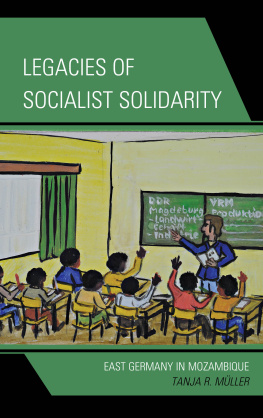

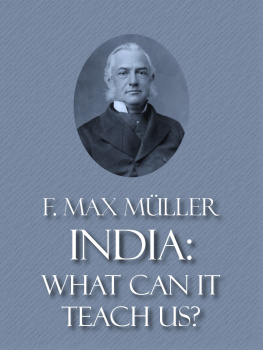

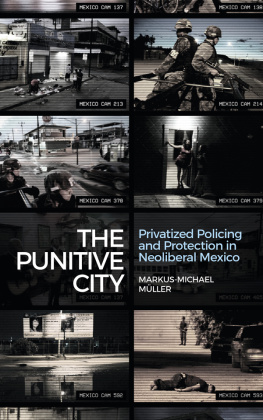


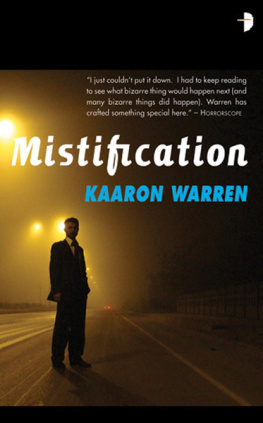


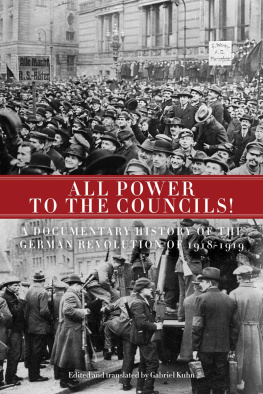



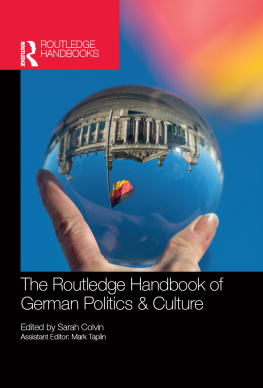
 TM The paper used in this publication meets the minimum requirements of American National Standard for Information Sciences Permanence of Paper for Printed Library Materials, ANSI/NISO Z39.48-1992.
TM The paper used in this publication meets the minimum requirements of American National Standard for Information Sciences Permanence of Paper for Printed Library Materials, ANSI/NISO Z39.48-1992.